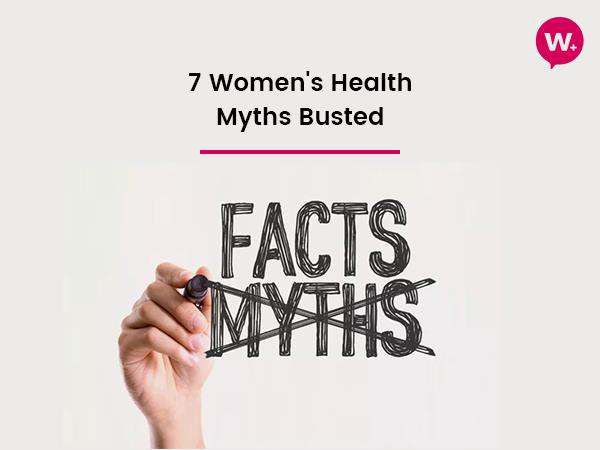- Can you only take the morning after pill three times?
No, you can take it more than three times in your lifetime if necessary. But you should avoid using it on a regular basis. For one, the morning after pills effectiveness is lower than the contraceptive pill or the condom. Having unprotected sex and taking the emergency contraceptive pill is riskier than using contraception.It is also worth considering that the morning after pill is far more expensive than other contraceptives and using it excessively will cost you more money than taking the pill or buying condoms. You should avoid using it several times in the same month, as this will cause changes in your period and upset your menstrual cycle.
- Can you get a cold from going to bed with wet hair?
The idea that of sleeping with wet hair can cause illness is an old wives’ tale. The common cold—think sniffling, congestion or a runny nose—is caused by a virus that is in no way related to how damp or dry your hair is. You may feel physically cold if you sleep with wet or damp hair, but this will not cause illness. But people associate being sick with feeling physically cold, which is probably why this mistake is so prevalent.
On the other hand, going to bed with wet hair can cause an entirely different set of issues—for your scalp. A chronically damp or wet pillow may become a breeding ground for bacterial or fungal infections, since the combination of warmth and moisture allows many fungal elements to thrive. That could result in dandruff, the most obvious sign of which is a chronically red, itchy or flaky scalp.
- Can being on the pill for too long make you infertile?
No – there’s no evidence that long-term use of the birth control pill interferes with fertility. Some women experience a disruption in their menstrual cycle for several months after going off the Pills (a condition called post-pill amenorrhea). But this is usually caused by an underlying problem that’s unrelated to the contraception pills – for example, being significantly underweight, or even being under severe stress.
In fact, taking the pill can protect you from diseases – such as ovarian and uterine cancers – that can lead to infertility.
- Can you get pregnant if a man withdraws before he cums?
No semen = No baby, right? That’s a myth!I am sorry to inform that you still can get preggers. No form of contraceptive is 100 percent effective 100 percent of the time. Plus, there’s always that pesky pre-cum (aka pre-ejaculate) problem. Pre-cum is a small amount of fluid released by the Cowper’s gland, which combats sperm-killing acidity in the urethra so his little swimmers can survive their epic journey.
- If your contraception means you have fewer or no periods, is that bad?
If you are already taking hormonal birth control—like the pill, the ring, or the patch—your ovulation is already being suppressed each month, and the “period” that you are experiencing isn’t actually a real period. It’s a withdrawal bleed. This withdrawal bleeding is caused by the decline in reproductive hormones in your body during days when you are not receiving any hormones from your pill or patch.
Medical studies have reported no significant negative health effects when you skip your withdrawal bleed using the pill. That being said, it’s still important to mention that there have been no long-term studies examining the safety of continually skipping your period. Sometimes medical repercussions take a longer time and/or need a larger population sample size to emerge.
- Can you get pregnant on your period?
The answer is Yes! You don’t have to ovulate on your period to be able to get pregnant during your period. Sperm can survive in your reproductive tract for several days so it is possible to be in your fertile window (and therefore get pregnant) while you are menstruating.
- Does shaving make the hair grow back quicker?
Shaving does not make hair grow faster or thicker. Your hair is not alive. Shaving doesn’t affect the hair follicle, which controls the growth of the hair. Shaving doesn’t affect the rate at which your body hair will come back — which is a different speed for everyone — or the diameter (thickness) of each piece. Shaving with a razor slices hair without reaching under the surface of your skin. This sharp cut may make hair appear thicker, darker, or coarser, but that’s not actually the case.
12 Myths around Contraception Debunked! by Dr. Nita Thakre, Gynecologist







,